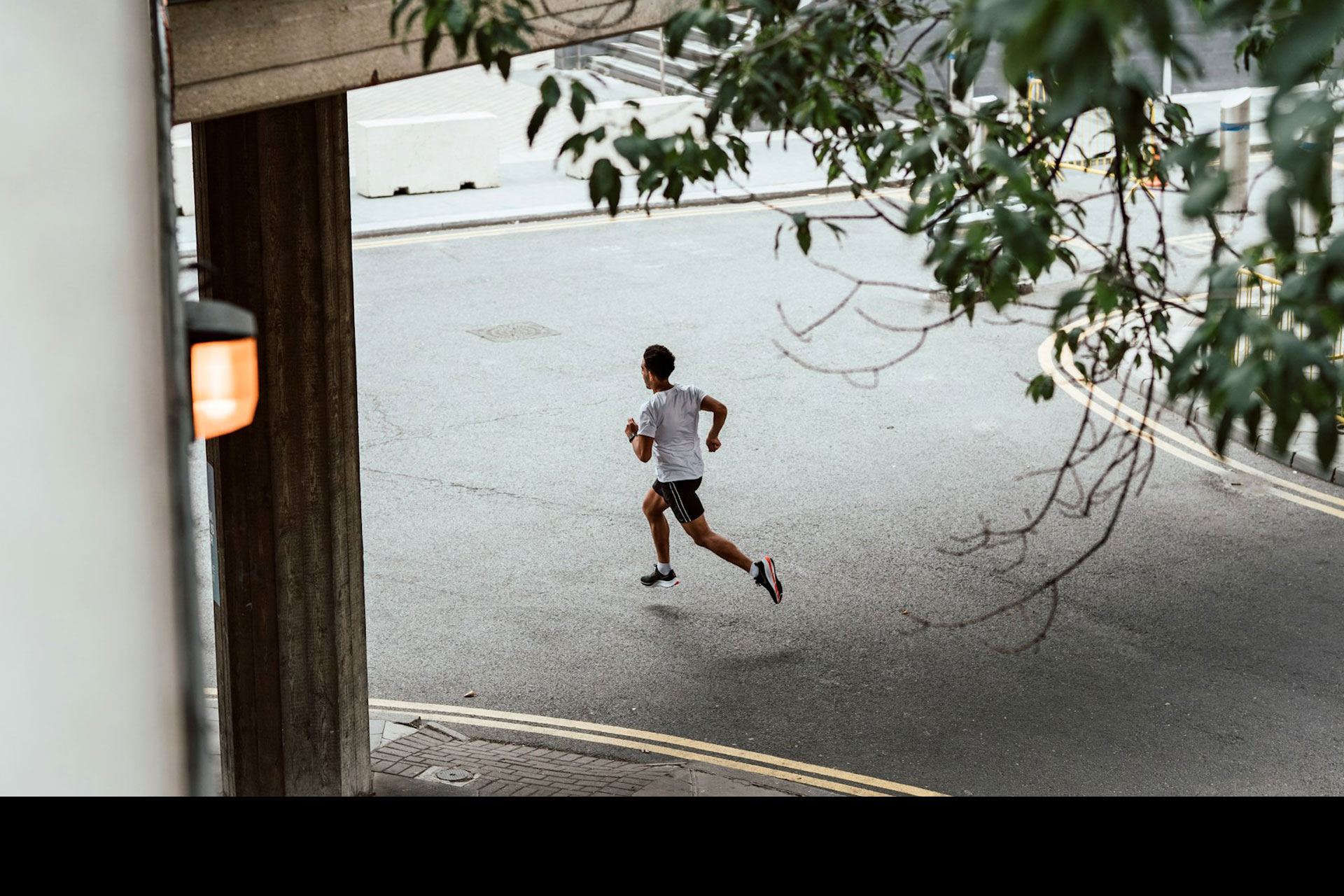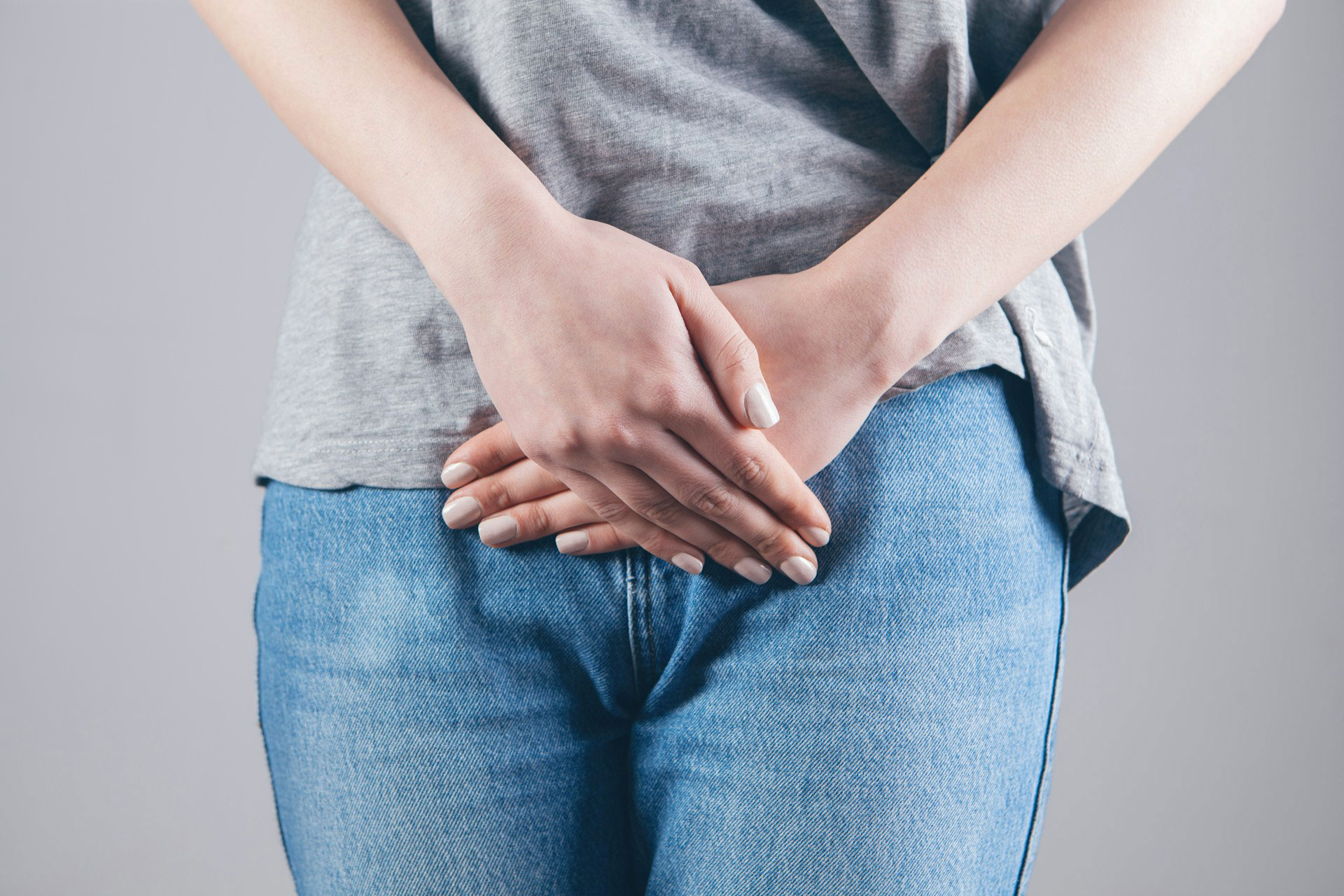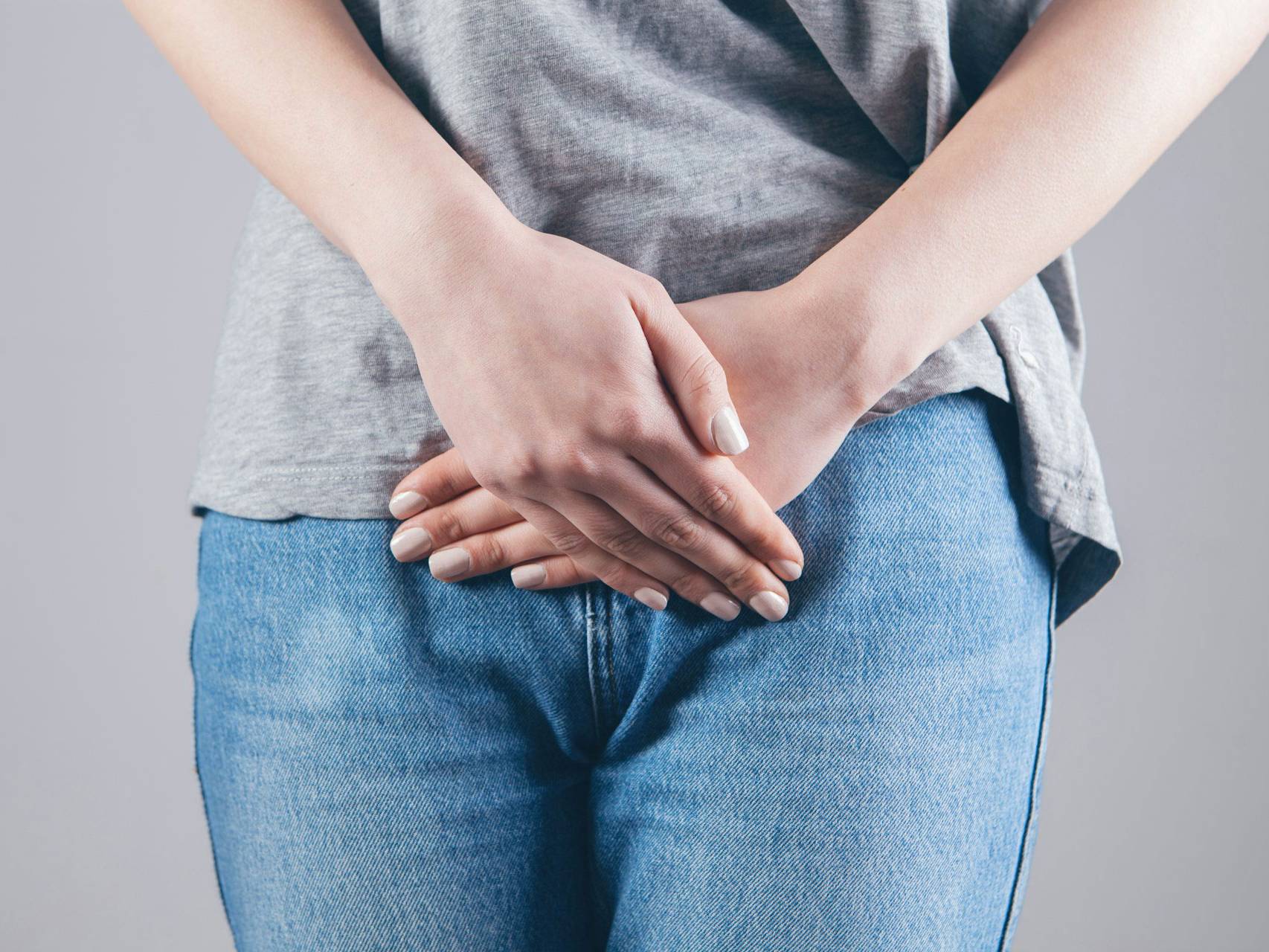- Diverticulitis is a condition that affects the digestive system, particularly the large intestine (colon). It occurs when small, bulging pouches, called diverticula, form in the intestine lining and become inflamed or infected. This can lead to symptoms such as abdominal pain, fever, nausea, and changes in bowel habits.The exact cause of diverticulitis isn’t fully understood, but it’s believed to result from a combination of genetic factors and lifestyle habits. One contributing factor is a low-fibre diet, which can lead to constipation and increased pressure in the colon, causing the formation of diverticula.Here’s how nutrition can play a crucial role in managing this condition:
- Increase Fibre Intake: Fibre is crucial for preventing constipation and reducing pressure in the colon. Fibre-rich foods include fruits, vegetables, whole grains, and legumes. Fibre helps keep stools soft and bulky, making them easier to pass and preventing the formation of new diverticula. Start by gradually adding fibre to your diet to avoid bloating and gas.
- Stay Hydrated: Drinking plenty of water is essential when increasing fibre intake. Fibre absorbs water, which helps keep stools soft and easy to pass. Aim for at least eight glasses of water daily if you increase your fibre consumption.
- Eat More Anti–Inflammatory Foods: These include leafy green vegetables, celery, beets, broccoli, blueberries, walnuts, chia seeds, oily fatty fish, bone broth, and coconut oil.
- Avoid Trigger Foods During Flares: During a diverticulitis flare-up, it’s essential to avoid foods that can irritate the colon. These might include certain raw fruits and vegetables. A low-fibre diet might be recommended temporarily until symptoms improve.
- Gradual Reintroduction of Fibre: Once the acute symptoms of diverticulitis subside, gradually reintroduce fibre-rich foods into your diet. This helps the digestive system adjust and reduces the risk of future flare-ups.
- Include Bone Broth: This is especially true during a flare-up, as bone broth provides the essential nutrients your body needs in an easily digestible manner.
- Limit Red Meat and Processed Foods: High consumption of red meat and processed foods has been linked to an increased risk of diverticulitis. Opt for lean protein sources like poultry and fish and plant-based proteins like beans and lentils.
- Incorporate Probiotics: Probiotics, found in fermented foods like yoghurt, kefir, sauerkraut, and kimchi, can help maintain a healthy balance of gut bacteria. This may support overall digestive health and prevent infections.
- Regular Meals and Moderate Portions: Eating regular, balanced meals and avoiding overeating can help maintain healthy digestion. Smaller, more frequent meals might be easier on the digestive system.
In addition to these dietary tips, it’s essential to maintain a healthy lifestyle overall. Regular physical activity, managing stress, and avoiding smoking can all contribute to better digestive health and reduce the risk of diverticulitis flare-ups.
In summary, while diverticulitis can be challenging, managing it through proper nutrition and lifestyle changes can significantly improve quality of life. By incorporating more fibre, staying hydrated, avoiding certain foods during flare-ups, and making other healthy choices, you can help manage symptoms and prevent future issues. Always consult a healthcare provider before significantly changing your diet or treatment plan.
Need to Ask us a quick Question?
Related Posts
June 13, 2024
Iron: The Essential Nutrient for Energy, Immunity, and Overall Health
Iron is vital for numerous bodily functions and crucial in maintaining overall…
June 13, 2024
Navigating Colitis: Effective Nutritional Strategies for Symptom Management
Colitis, or ulcerative colitis, is a chronic inflammatory bowel disease (IBD)…
June 13, 2024
The Power of Fibre: Essential Benefits and Easy Tips for a Healthier Diet
Fibre is a crucial part of our diet that offers numerous health benefits. It's…



